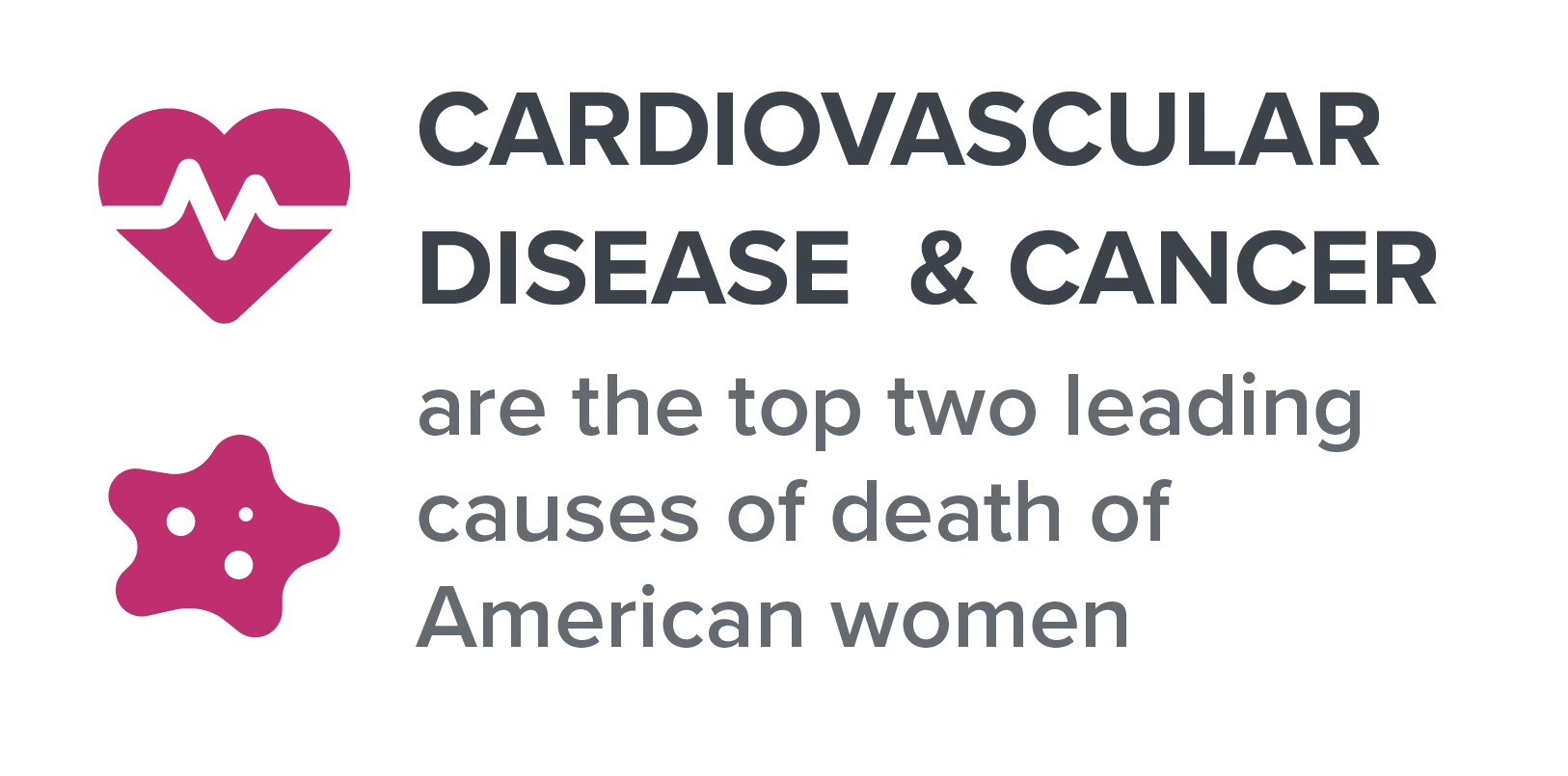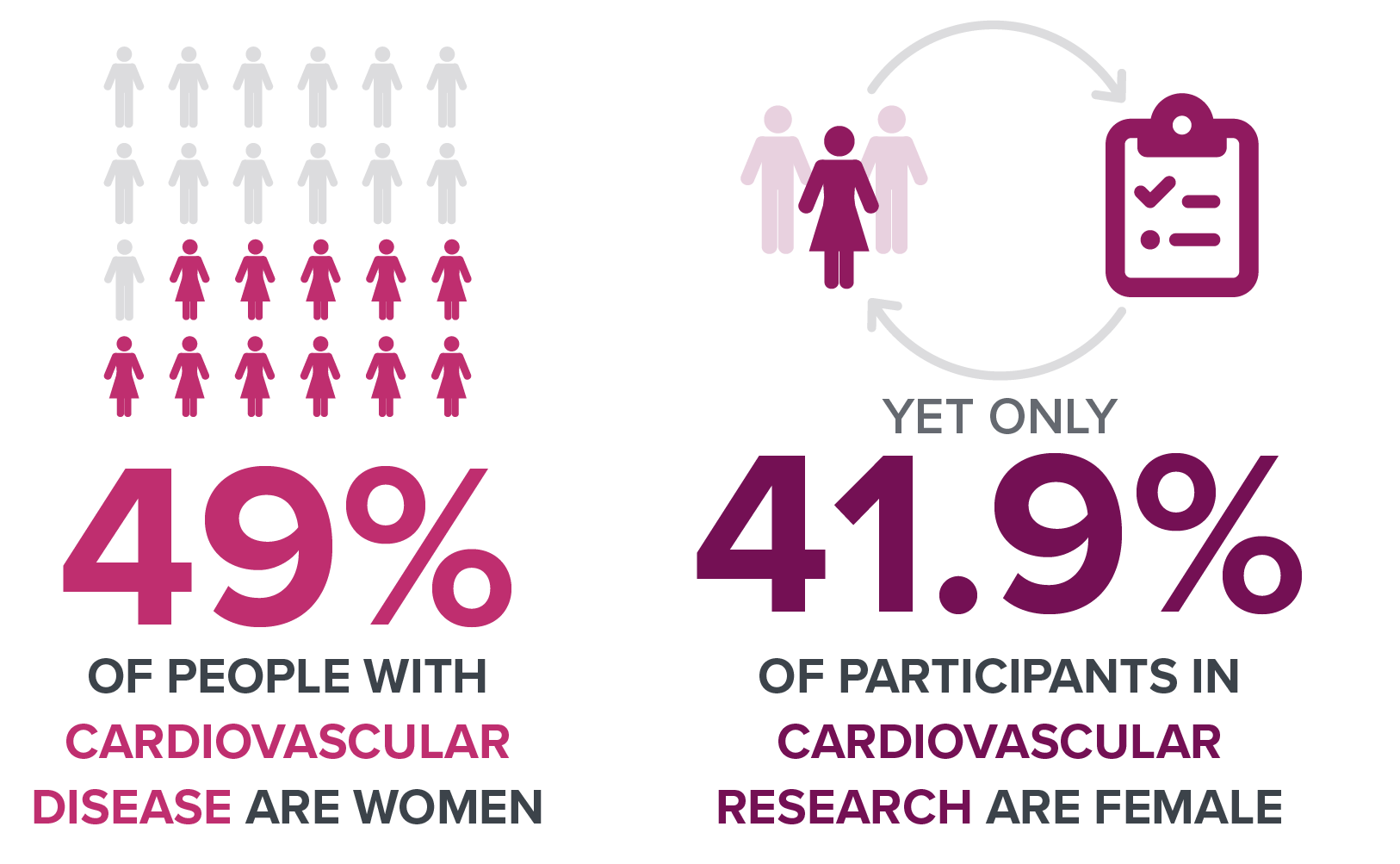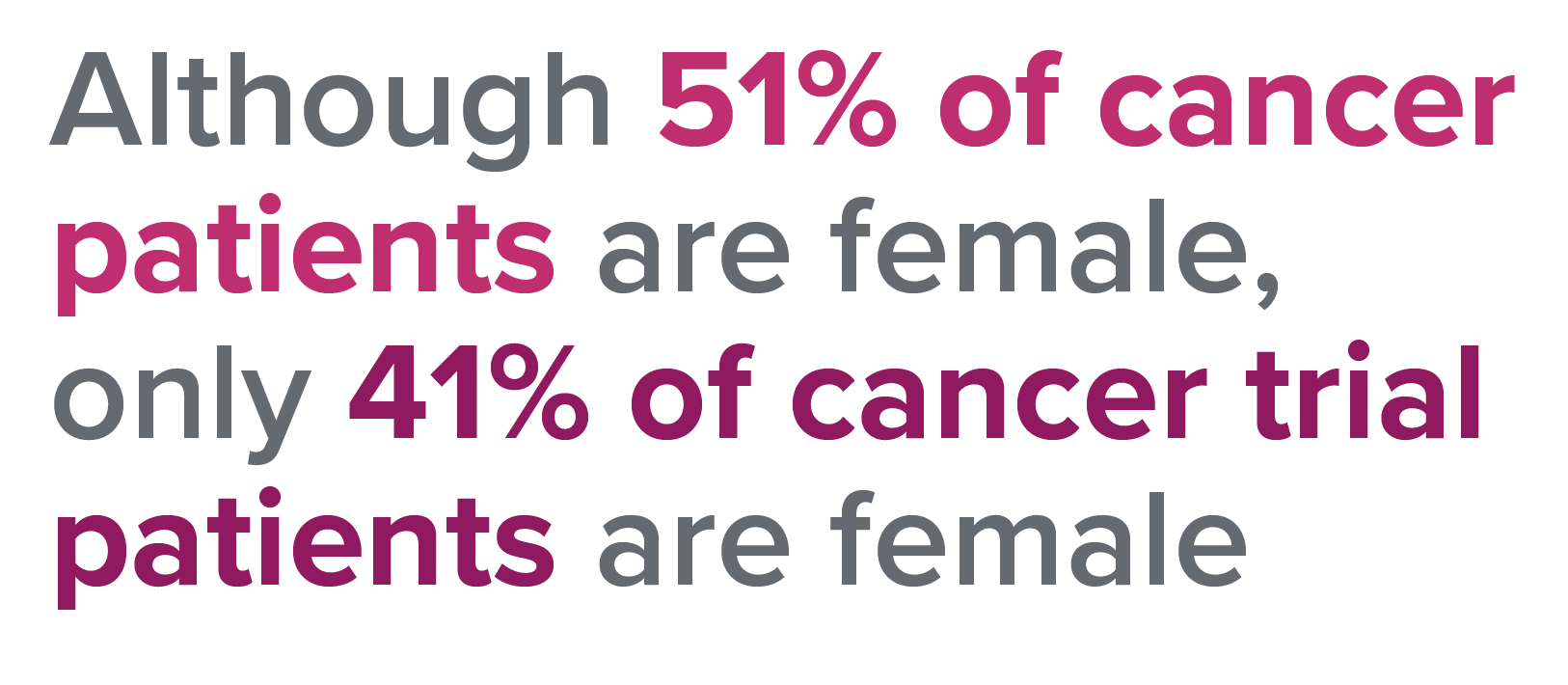California Initiative to Advance Precision Medicine Get Involved in Clinical Research
The care and wellbeing of current and future patients is greatly impacted by clinical trials. Every participant has the right to freely volunteer to be a part of a study and be fully aware of what it means to be a participant. This website gives context and provides resources for community members who are interested in clinical research.
Why Participate in Clinical Research?
People may experience the same disease differently. It is important that clinical trials include people with different lived experiences, living environments, and backgrounds such as race, ethnicity, age, sex, and sexual orientation. This ensures that all communities benefit from scientific advances.
Why Should I Join a Clinical Trial?
Dr. Griffin P. Rodgers, director of the National Institute of Diabetes and Digestive and Kidney Diseases (NIDDK), part of the National Institutes of Health, explains the importance of participating in clinical trials and encourages the public to consider joining, especially those who are underrepresented in clinical trials.
Race, Ethnicity, and Ancestry
While there are no universal definitions of race, ethnicity and ancestry and they are sometimes used interchangeably, there are distinctions between each term. It is important to understand what these differences are, what the purpose is for collecting each type of data, and what conclusions you can draw from what type of data.
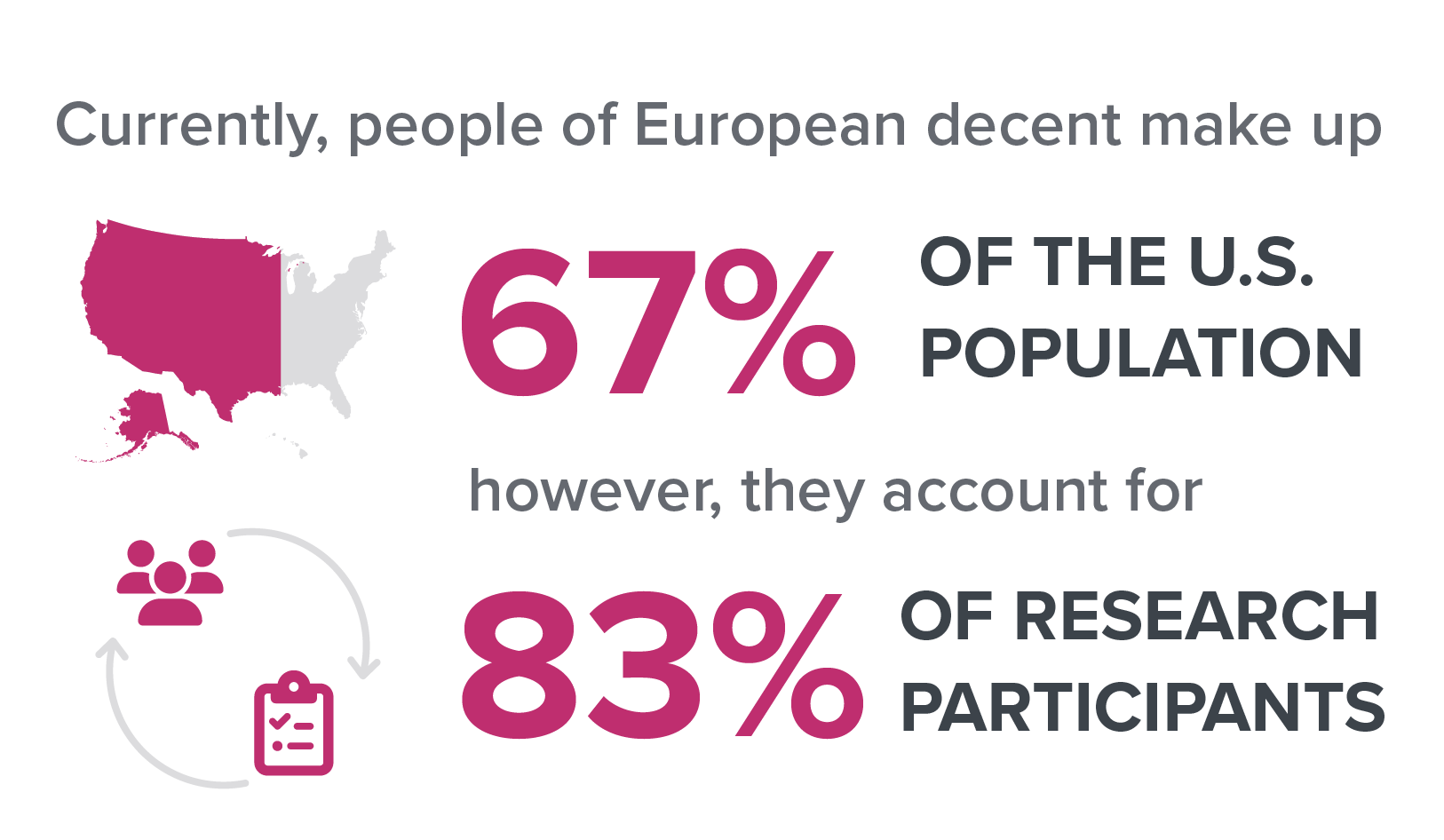
Race and ethnicity are influential and have been shaped by locations, culture, and sociopolitical factors. These forms of identity can influence people’s socioeconomic position and contribute to disproportionately high racial and ethnic health disparities.
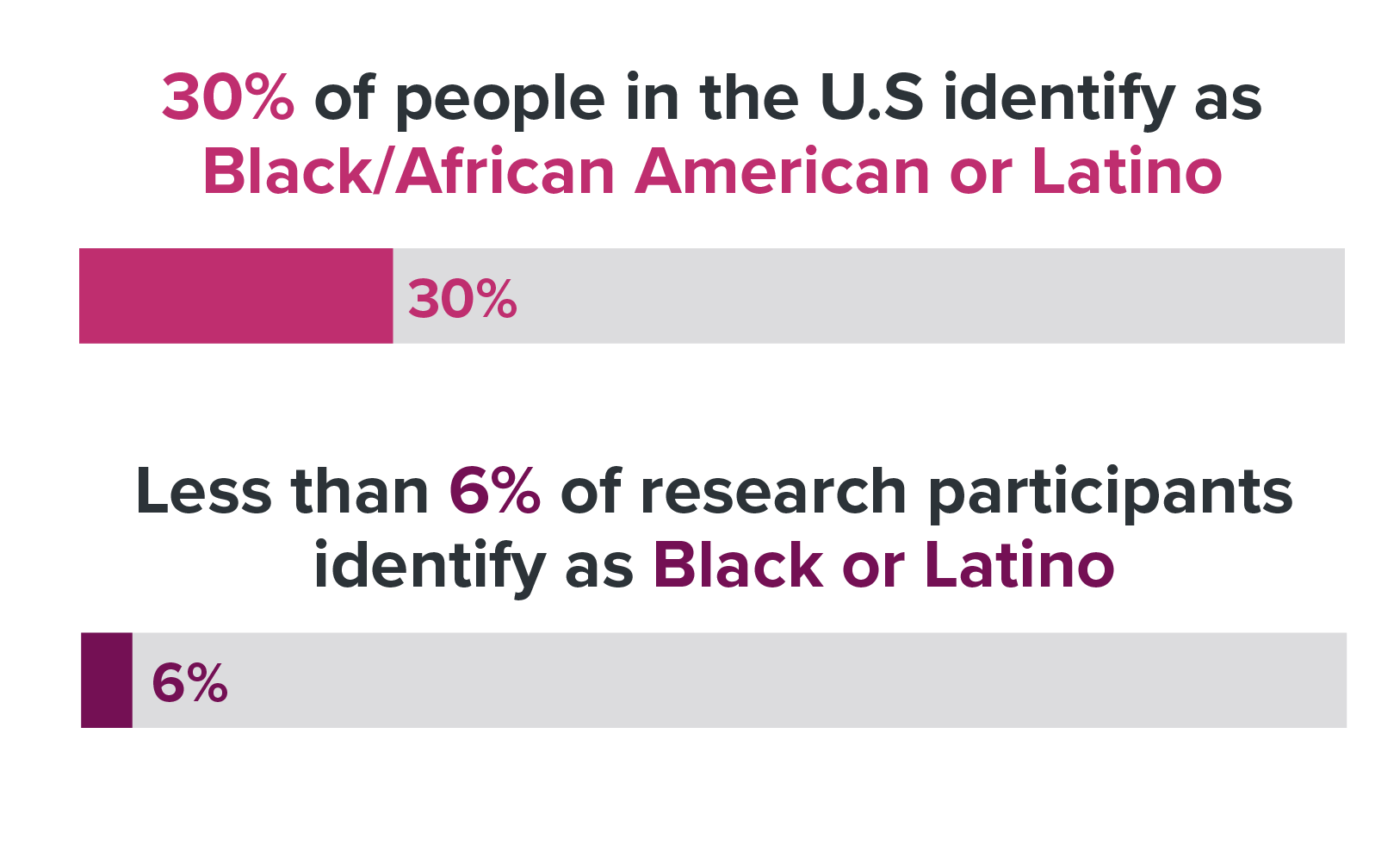
Gender Identity and Sexual Preference
A population whose gender, sexual orientation or sexual characteristics differ from what is typically expected by a culture or society is referred to as sexual and gender minorities (SGM). Gender and sexual minorities are often underrepresented in clinical research, therefore there is not enough data on the unique health issues that impact people who identify as a sexual and gender minority.
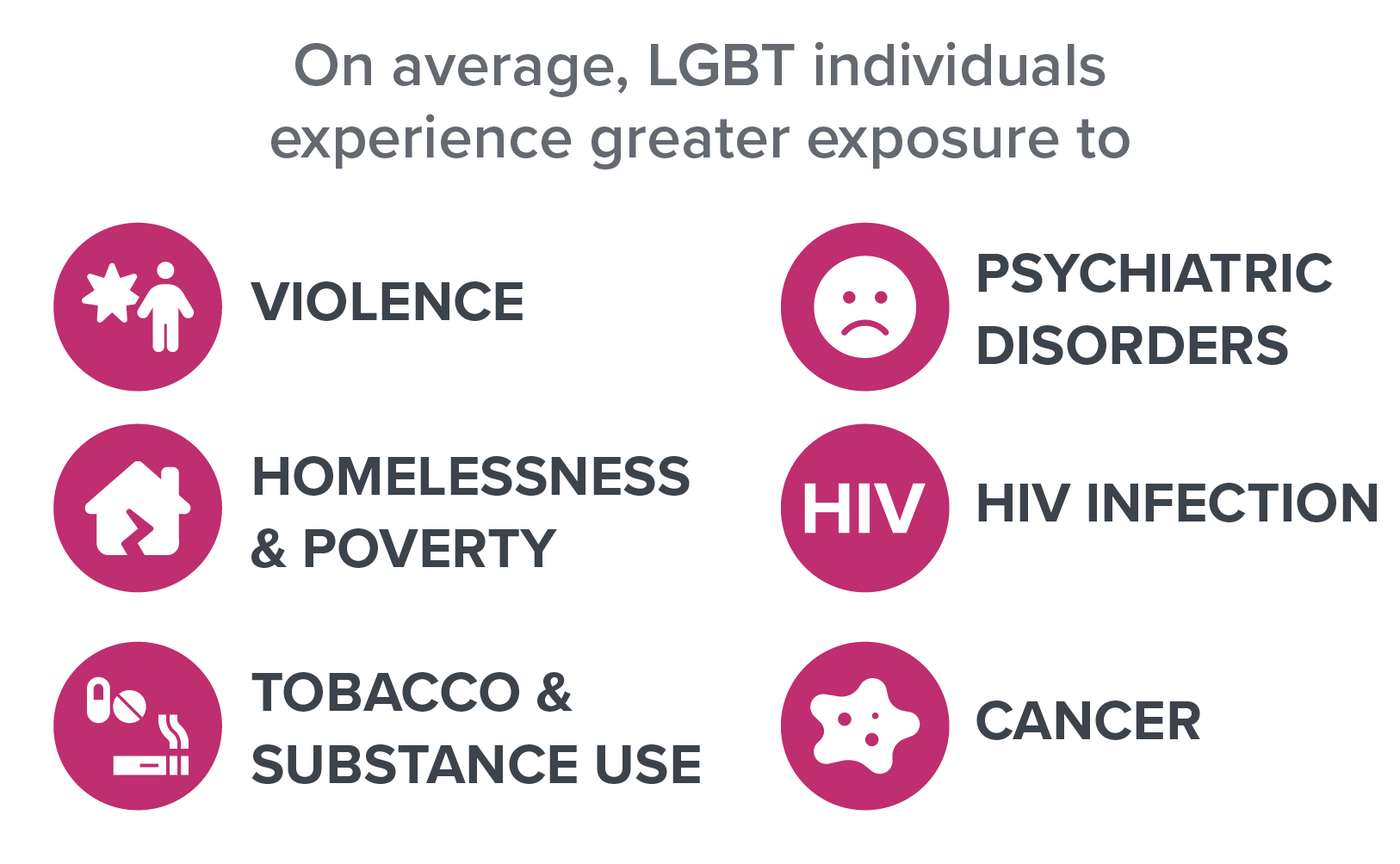
To understand and address health challenges that most impact the SGM populations, researchers should try to collect sexual orientation, gender identity and intersex status during recruitment and clinical studies. For instance, people who are gender and sexually diverse use tobacco at rates that are 40% higher than in people who identify as straight/heterosexual; tobacco use is a major risk factor for multiple different cancers. It is important to include SGM communities in clinical research to address the health disparities that most impact the community.


